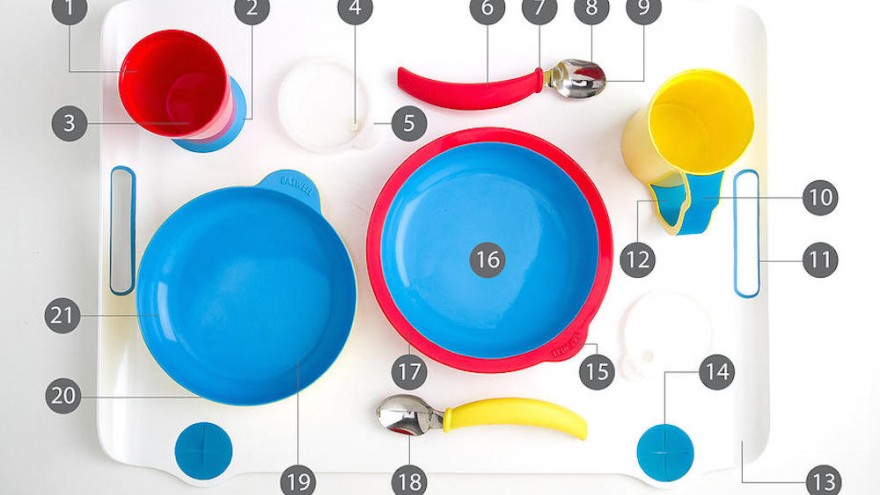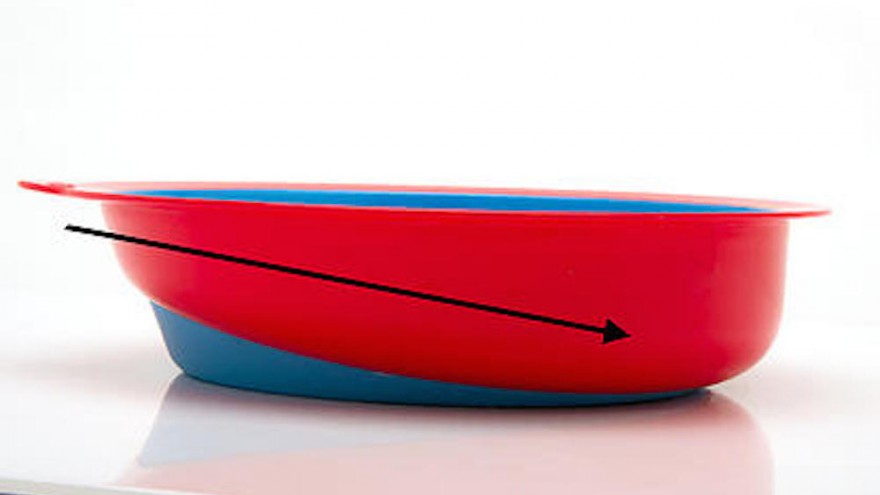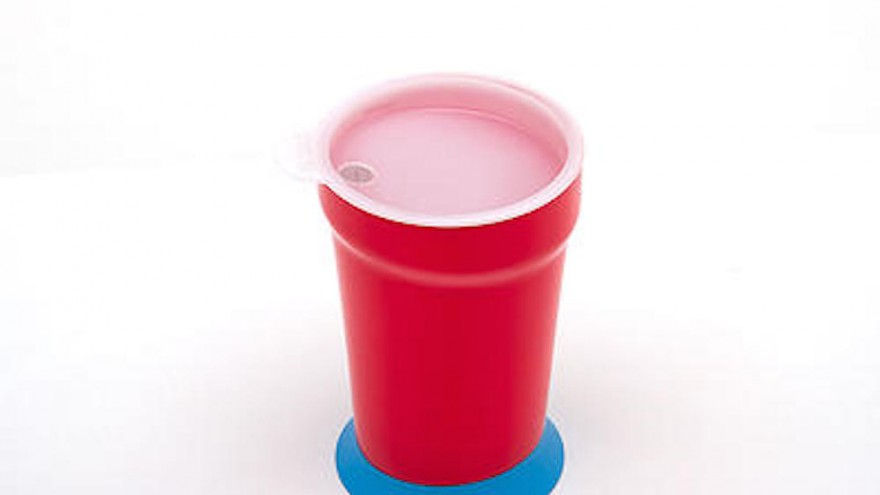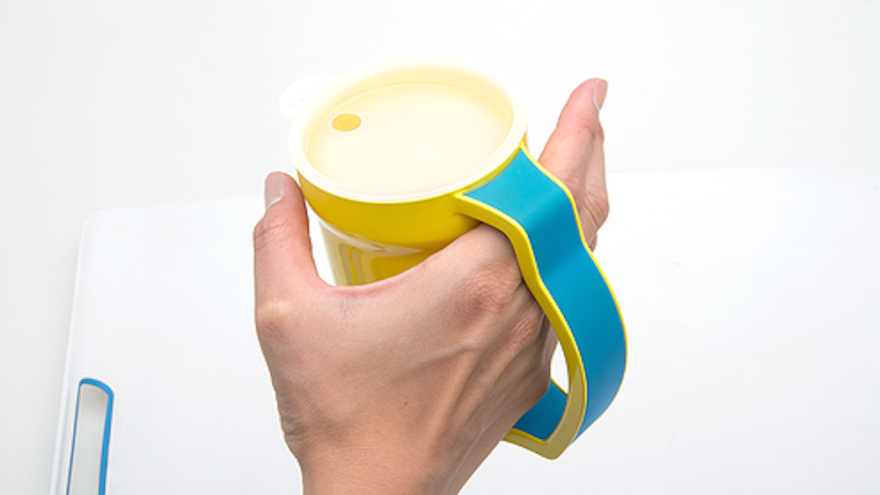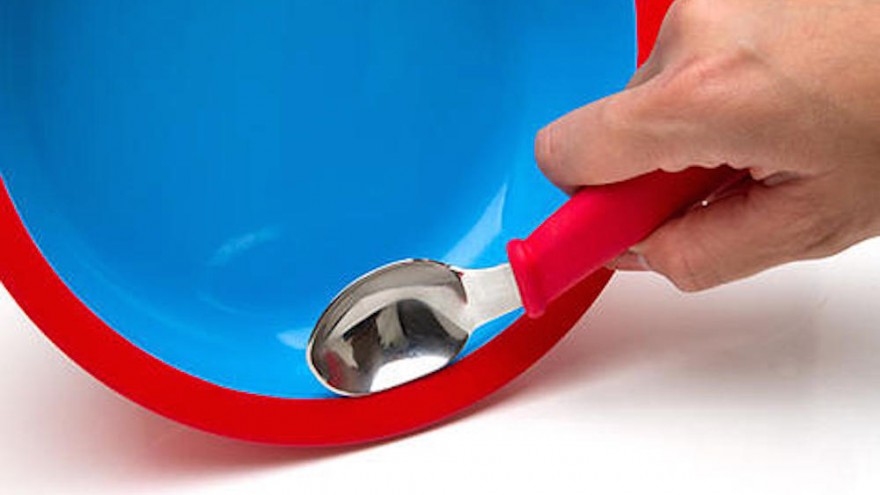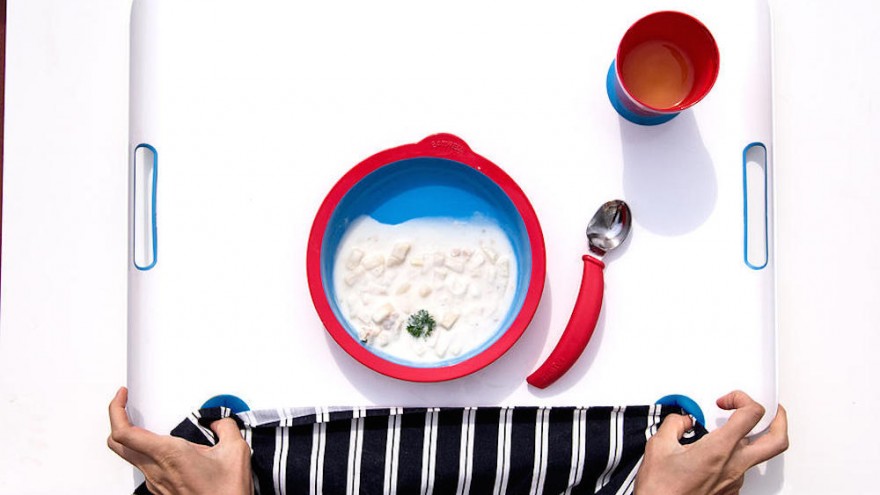Alzheimer’s disease and other cognitive impairments put a strain on everyday activities for both the sufferers and their caregivers. As her grandmother’s caregiver, industrial designer Sha Yao knew the struggle all too well. She watched her grandmother’s condition deteriorate to the point where eating became a real obstacle. Armed with this knowledge and the drive to help her grandmother and others like her, Yao set out to develop the tools Alzheimer’s sufferers and their caretakers would need to make their lives a little bit easier.
After years of research in the United States, Yao developed a range of assistive tableware called Eatwell. The set aims to lessen the burden of the many symptoms that impact eating.
Yao explains the strain that eating can place on a family: “When the disease affects one member of a family, the mealtime experience can become stressful and challenges are created for both caregivers and their loved ones. What’s more, once the patients stop eating or have general problems eating enough, their health condition often rapidly worsens.”
During the four-year research process, Yao identified specific challenges faced by patients with cognitive impairments. All of these discoveries informed her thinking in each elemental design included in the Eatwell set, which now boasts over 20 unique features.
For instance, a Boston University study found that bright colours help a person with dementia-induced visual impairment, encouraging them to consume 24 per cent more food and 84 per cent more liquid. Yao incorporated this in her design by using blue as the inner colour since “there is no food that comes in the colour of blue.”
“I also chose to use red and yellow to help stimulate their appetite,” she adds.
Other features include a slanted bottom, which helps users gather food without potentially dropping scooped food. The right angle side of the bowl is designed to help users collect food into the spoon, preventing food from accidentally being scooped out of the bowl.
Yao’s creation has since won first place at 2014 Stanford Design Challenge.
“Every time I looked at my grandmother, I wish I could have done something to help her. I believe there are many ways to improve the quality of life of our loved ones with progressive Alzheimer’s disease, as well as the lives of their caregivers,” she says.

